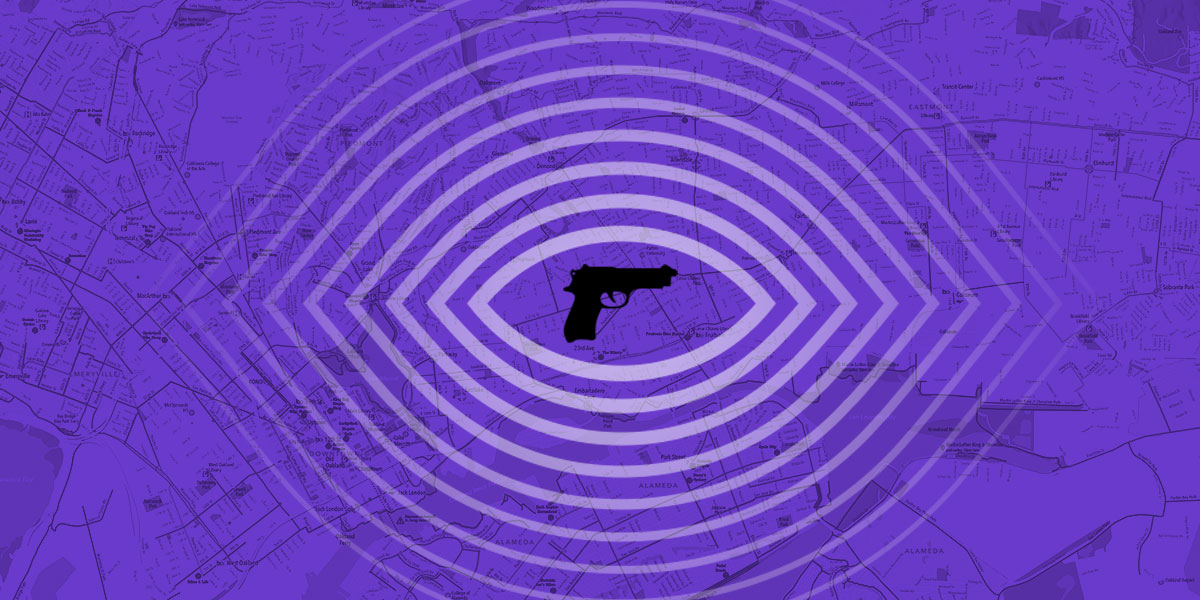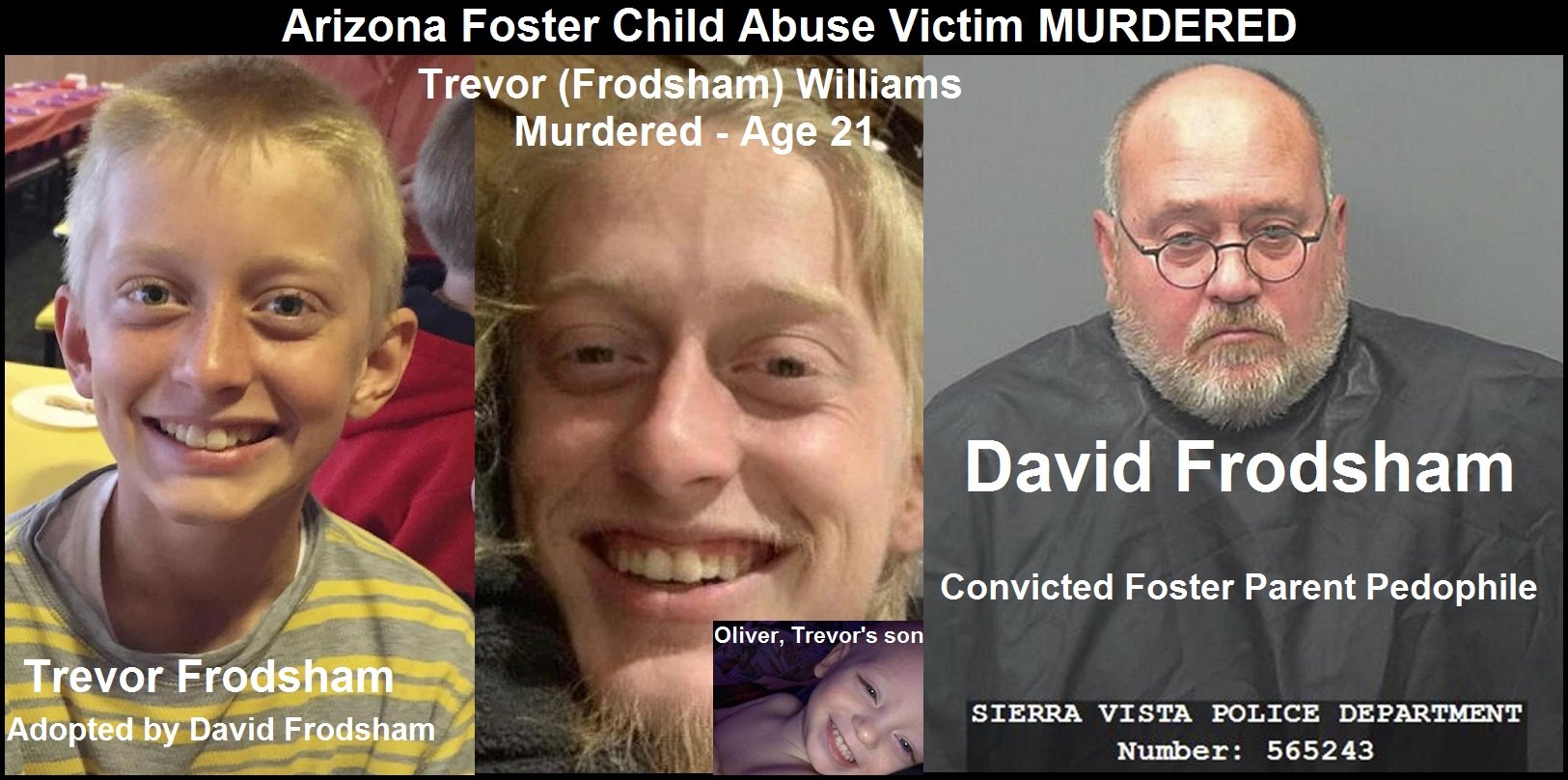Responding to ShotSpotter, Police Shoot at Child Lighting Fireworks
This post was written by Rachel Hochhauser, an EFF legal intern
We’ve written multiple times about the inaccurate and dangerous “gunshot detection” tool, ShotSpotter. A recent near-tragedy in Chicago adds to the growing pile of evidence that cities should drop the product.
On January 25, while responding to a ShotSpotter alert, a Chicago police officer opened fire on an unarmed “maybe 14 or 15” year-old child in his backyard. Three officers approached the boy’s house, with one asking “What you doing bro, you good?” They heard a loud bang, later determined to be fireworks, and shot at the child. Fortunately, no physical injuries were recorded. In initial reports, police falsely claimed that they fired at a “man” who had fired on officers.
In a subsequent assessment of the event, the Chicago Civilian Office of Police Accountability (“COPA”) concluded that “a firearm was not used against the officers.” Chicago Police Superintendent Larry Snelling placed all attending officers on administrative duty for 30 days and is investigating whether the officers violated department policies.
ShotSpotter is the largest company which produces and distributes audio gunshot detection for U.S. cities and police departments. Currently, it is used by 100 law enforcement agencies. The system relies on sensors positioned on buildings and lamp posts, which purportedly detect the acoustic signature of a gunshot. The information is then forwarded to humans who purportedly have the expertise to verify whether the sound was gunfire (and not, for example, a car backfiring), and whether to deploy officers to the scene.
ShotSpotter claims that its technology is “100% reliable,” a figure produced by the marketing department and not engineers. The recent Chicago shooting shows this is not accurate. Indeed, a 2021 study in Chicago found that, in a period of 21 months, ShotSpotter resulted in police acting on dead-end reports over 40,000 times. Likewise, the Cook County State’s Attorney’s office concluded that ShotSpotter had “minimal return on investment” and only resulted in arrest for 1% of proven shootings, according to a recent CBS report. The technology is predominantly used in Black and Latinx neighborhoods, contributing to the over-policing of these areas. Police responding to ShotSpotter arrive at the scenes expecting gunfire and are on edge and therefore more likely to draw their firearms.
Finally, these sensors invade the right to privacy. Even in public places, people often have a reasonable expectation of privacy and therefore a legal right not to have their voices recorded. But these sound sensors risk the capture and leaking of private conversation. In People v. Johnson in California, a court held such recordings from ShotSpotter to be admissible evidence.
In February, Chicago’s Mayor announced that the city would not be renewing its contract with ShotSpotter. Many other cities have cancelled or are considering cancelling use of the tool.
This technology endangers lives, disparately impacts communities of color, and encroaches on the privacy rights of individuals. It has a history of false positives and poses clear dangers to pedestrians and residents. It is urgent that these inaccurate and harmful systems be removed from our streets.
Source: EFF
Become a Patron!
Or support us at SubscribeStar
Donate cryptocurrency HERE
Subscribe to Activist Post for truth, peace, and freedom news. Follow us on SoMee, Telegram, HIVE, Minds, MeWe, Twitter – X, Gab, and What Really Happened.
Provide, Protect and Profit from what’s coming! Get a free issue of Counter Markets today.



